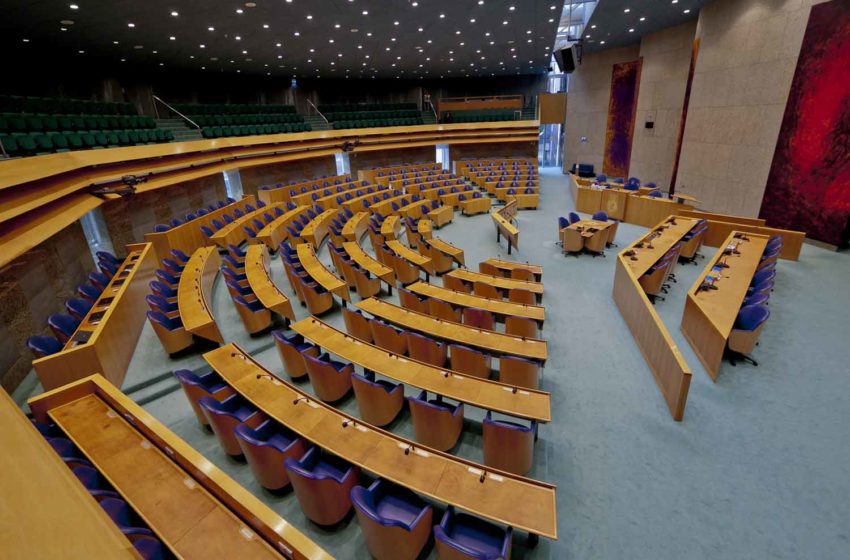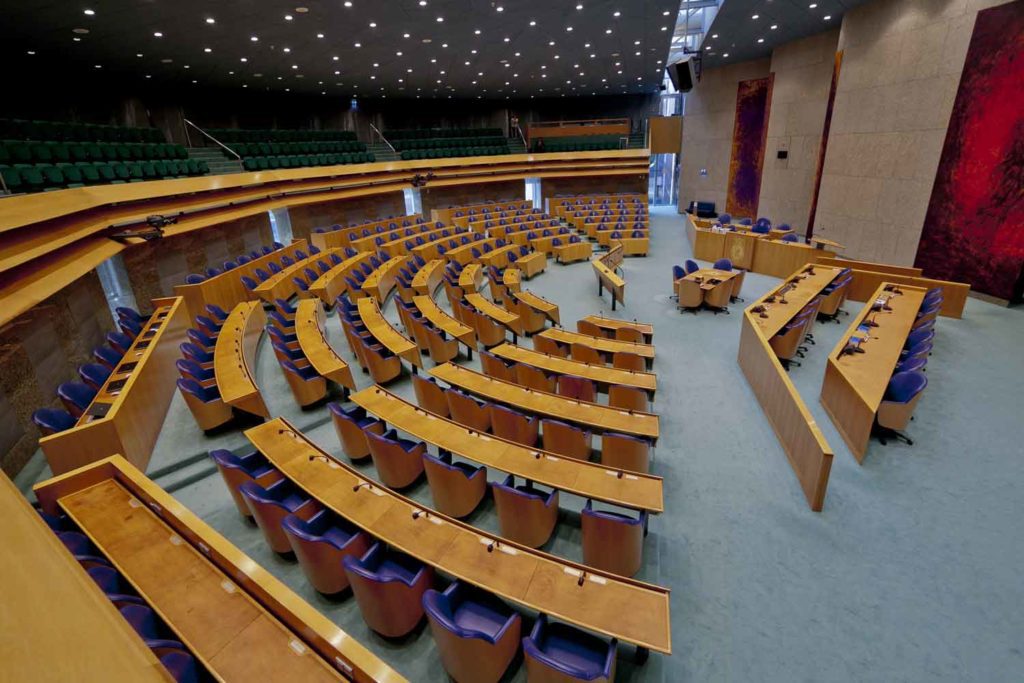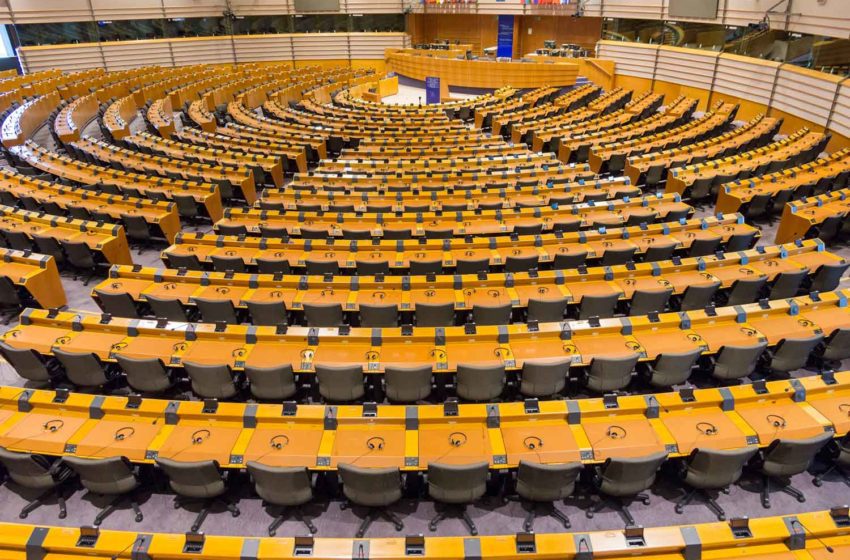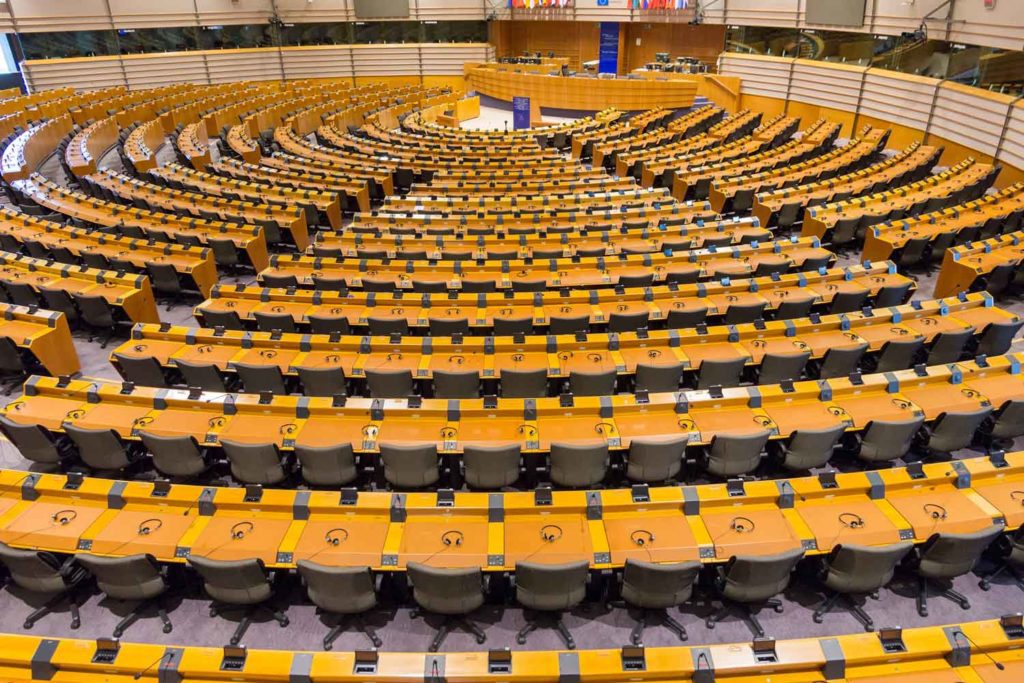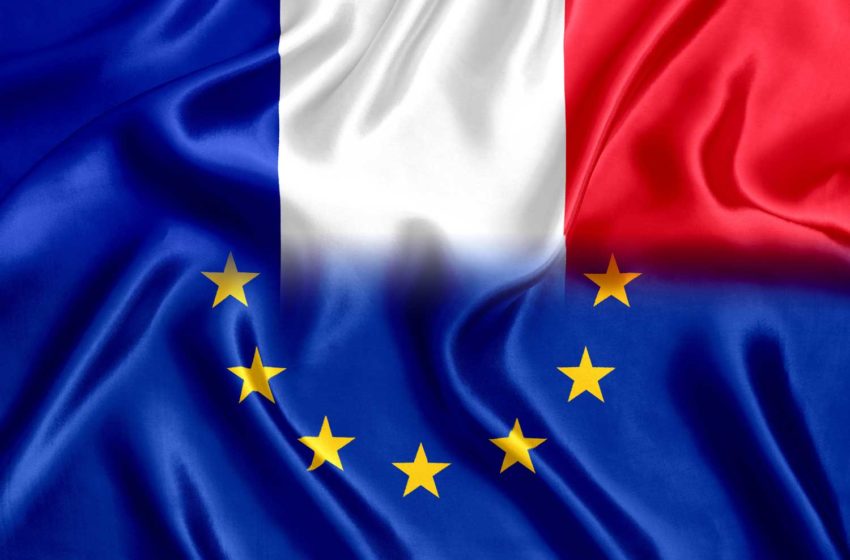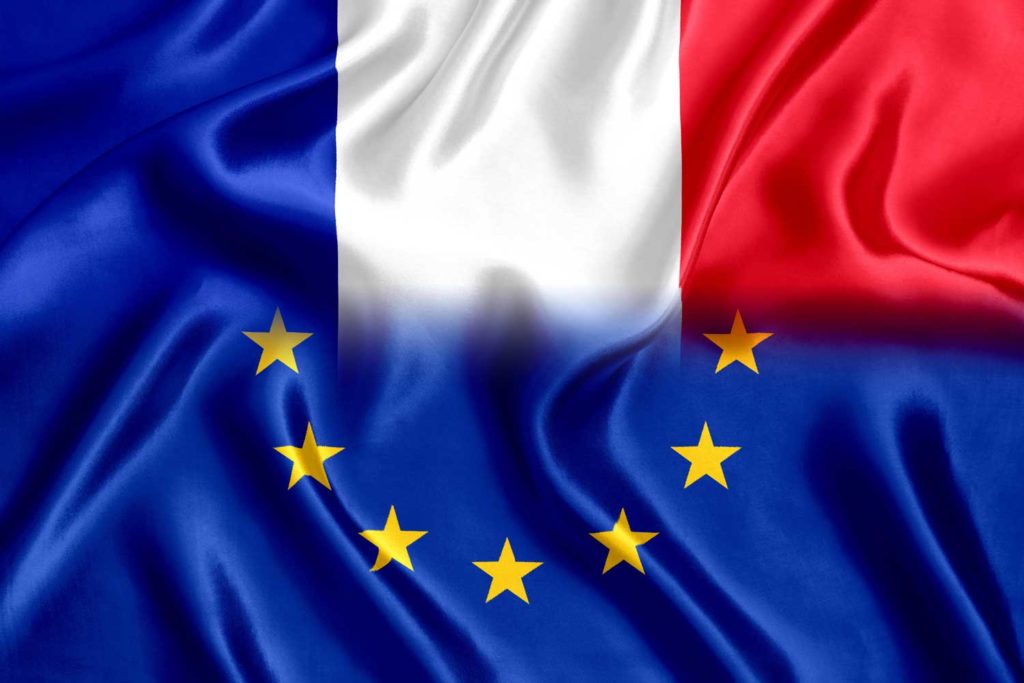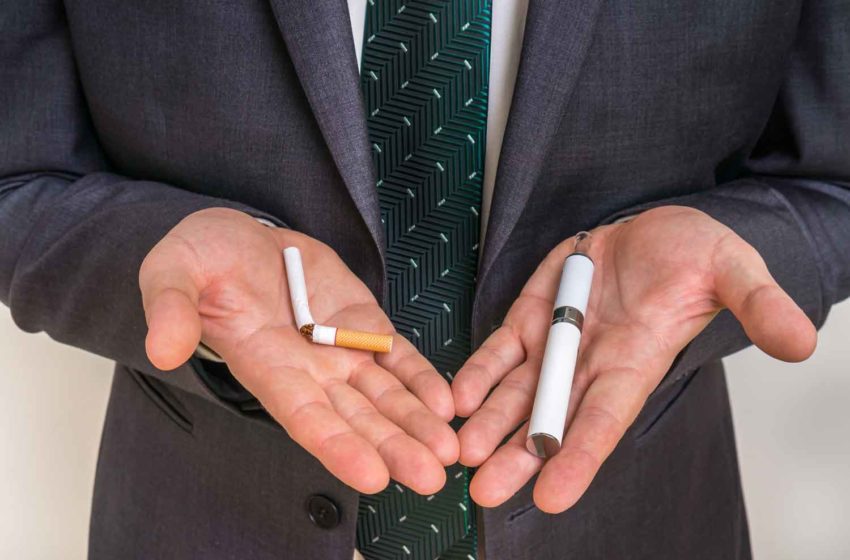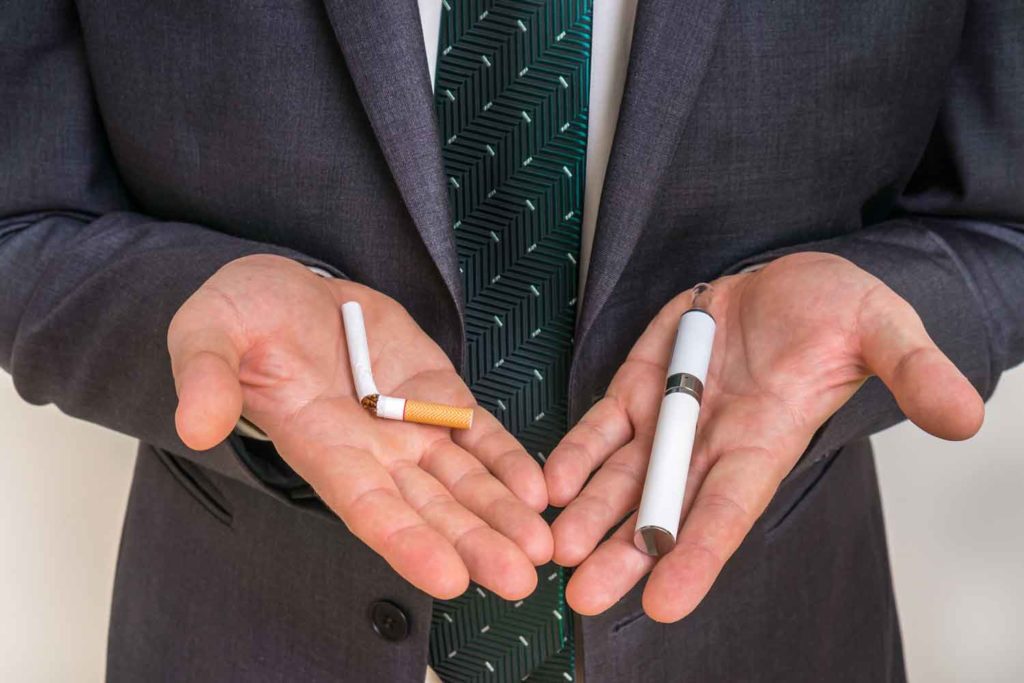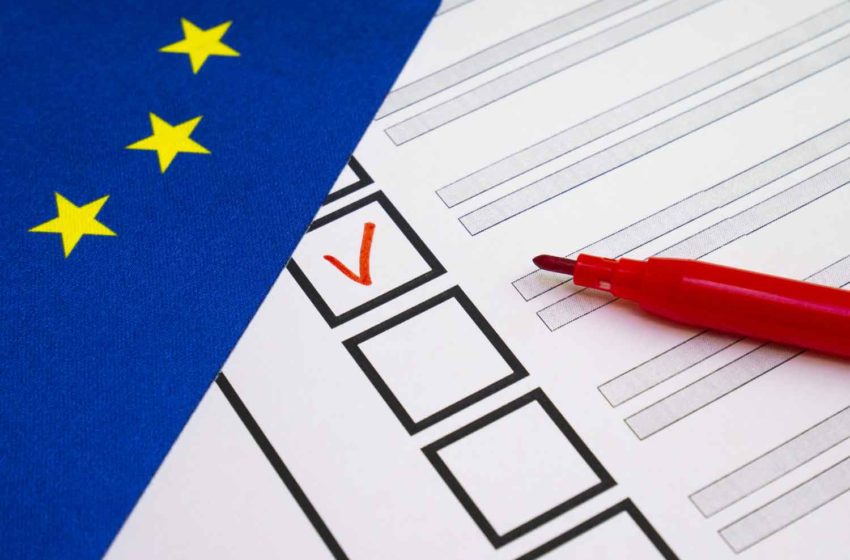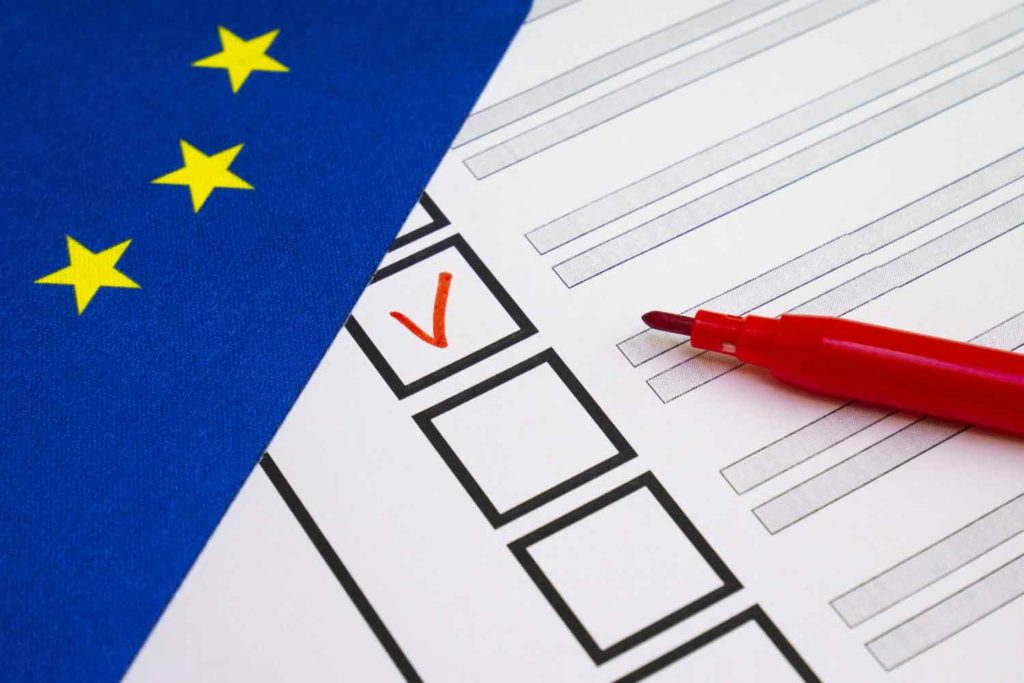Participants in the public consultation organized by the European Commission on the review of the Tobacco Taxation Directive are split on many questions relating to e-cigarettes and e-liquids, according to the Independent European Vape Alliance (IEVA).
Following the publication of the raw data by the European Commission, the IEVA conducted a preliminary analysis of the first results.
According to the group, the participation rate to this public consultation was higher than usual. The survey gathered 7,262 answers, 89.2 percent originating from EU citizens, 6 percent from companies and business organization and 1.1 percent from business associations.
Most active respondents were based in France (26.9 percent), Greece (23.2 percent), Germany (7.9 percent), Poland (6.5 percent), Italy (5.8 percent), Romania (5 percent) and Spain (4.3 percent).
Regarding specific questions on e-cigarettes and e-liquids, the results provide some light trends but the answers remain overall even split:
Harmonization of tax rules for e-liquids containing nicotine:
45.6 percent against, 44.8 percent in favor, almost 10 percent undecided
Harmonization of tax rules for e-liquids that do not contain nicotine:
50.8 percent against, 40 percent in favor, almost 10 percent undecided
Establishment of a minimum tax on e-cigarettes:
46.7 percent answered “none,” 41.6 percent answered “€0.10/mL,” 5.6 percent answered “€0.30/mL,” 6.1 percent said either “don’t know” or provided no answer
According to the IEVA, the main question to be answered now is how the commission will interpret the 10 percent indecisive parties for the first and the second question, as those 10 percent could tilt the balance in one way or another.
Following the closure of the public consultation, the European Commission may now complete drafting of the proposal to revise the tobacco taxation directive. The IEVA expects the document to be presented in the fourth quarter of 2021 or the first quarter of 2022.









